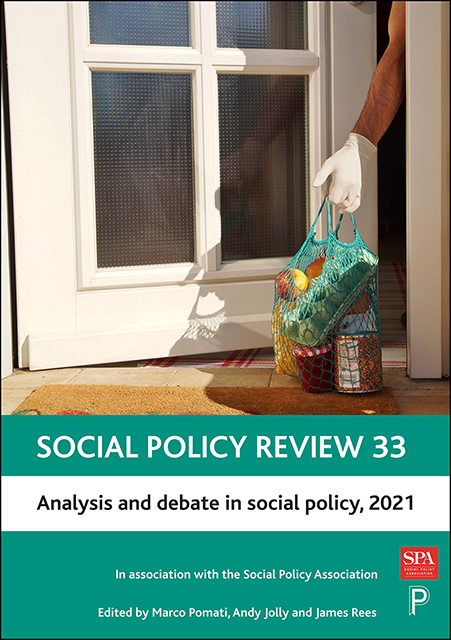3 - Lesson-drawing for the UK government during the COVID-19 pandemic: a comparison of political, scientific and media lenses
Published online by Cambridge University Press: 14 April 2023
Summary
Introduction
This chapter brings together the literatures on policy-learning and lesson-drawing on the one hand, and intra-crisis learning on the other, in order to examine the UK's response to the COVID-19 pandemic. The policy-learning literature explores issues such as what lessons were learned by whom. The lesson-drawing literature examines the content and process of policy transfer, focusing on the fungibility or transferability of lessons. However, most existing work is based on ‘ordinary’ policymaking rather than ‘extraordinary’ or ‘crisis’ policymaking characterised by elements of threat, urgency and uncertainty such as that during the pandemic.
We critically examine three different ‘real time’ lenses, drawing on three main sources: political (government documents, and Hansard debates); scientific (minutes of advisory groups such as the Scientific Advisory Group for Emergencies, SAGE) and media (national news media). These three sources provide different perspectives on the rapidly evolving government agenda. Political sources provide a record of what was being discussed by policymakers, who often claimed that they were ‘following the science’, as well as debates between the government and opposition, providing an insight into the scientific sources they were making use of in their deliberations. The scientific sources explore the extent to which the advisory bodies were looking at emergent research from their own countries, from the past or from abroad. The news media provide a rapid (daily) commentary on issues, giving a contemporary record of what was happening in other countries and material from the past that could inform learning about the virus. As Wolfe et al (2013) suggest, which issues are on the agenda, which ones are not, when and why, are the central questions that drive agenda-setting in communications and policy studies, and become even more important during a period of extraordinary policymaking. Our study cannot trace the links between policymaking and media reporting, but it can throw light on how the media aims to influence the public and policymaking. In particular, we focus on the lessons that the media suggest the pandemic offers to policymakers.
The chapter focuses in particular on the early stages of the pandemic, especially during January to April 2020 when key decisions were being made about policy in respect of testing, lockdown and border controls – the three elements highlighted by prominent public health advisors such as Edinburgh University's Chair in Global Public Health, Devi Sridhar (see Appendix 2: articles on 15 March and 4 May) as being crucial to pandemic response.
- Type
- Chapter
- Information
- Social Policy Review 33Analysis and Debate in Social Policy, 2021, pp. 49 - 74Publisher: Bristol University PressPrint publication year: 2021



